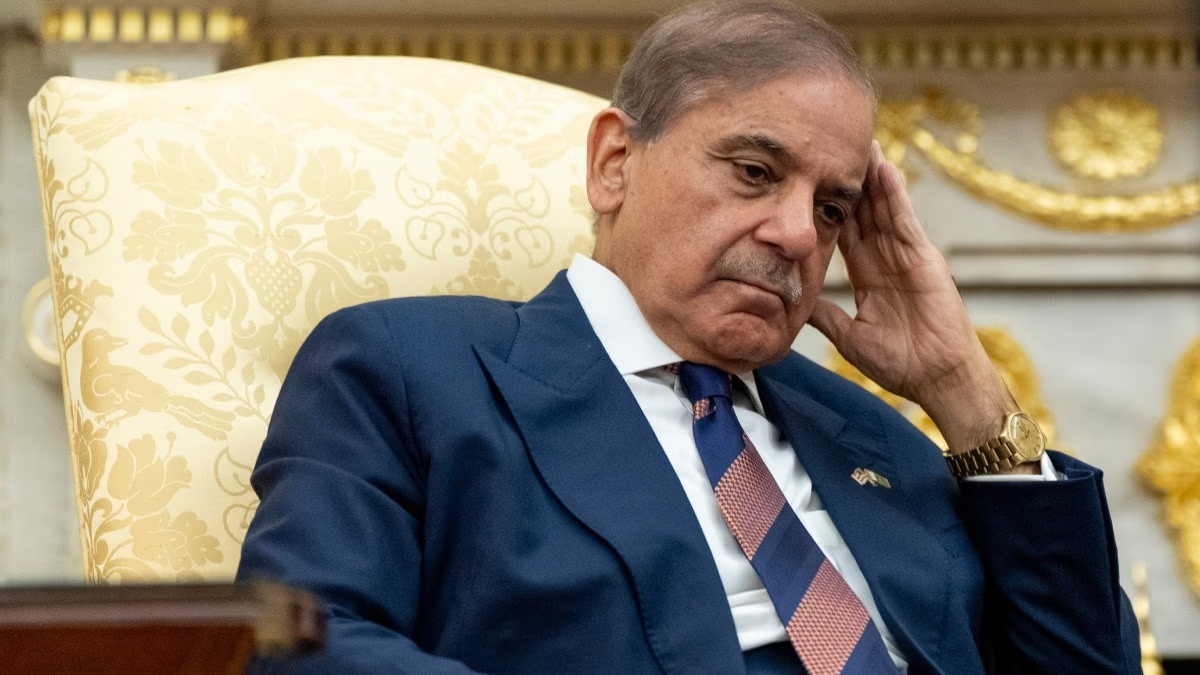For a long time, Pakistan has been plagued by economic instability, relying heavily on borrowed funds. The international monetary fund (IMF), once a steadfast lender, is now considerably displeased. The issue arises from Pakistan submitting erroneous data to this global entity, prompting the IMF to demand that the Pakistani government publicly disclose and resolve discrepancies involving $11 billion in trade data manipulation. According to a report by Express Tribune, over the past two years, Pakistani government agencies have reported manipulated figures.
Pakistan Raises Questions About Its Credibility
The report, citing government sources, explains that the import figures reported by Pakistan Revenue Automation Limited (PRAL) were $5.1 billion less than those reported by Pakistan Single Window (PSW) for FY 2023-24. This gap widened to $5.7 billion in the following fiscal year. PSW's import data is considered more comprehensive and accurate, exceeding the State Bank of Pakistan's freight-on-board based import data, which plays a key role in calculating the country's external balance.
The IMF reportedly reached out to the Pakistan Statistics Bureau (PBS) before commencing its review discussions, followed by consultations with the Ministry of Planning and Development. During these meetings, the IMF recommended a transparent communication policy to clarify trade data discrepancies and methodology changes, aiming to prevent distrust between the government and data users.
Pakistani Officials Admit Mistake
According to the report, Pakistani officials have acknowledged this mistake. They admitted that the trade data presented to the international trade center in Geneva were not comprehensive, and some import figures were missing. They suggested that these underreported figures were a result of transitioning the main trade data source from PRAL to PSW. While PRAL reports to the Federal Board of Revenue, PSW operates as an independent legal entity with mostly customs officers.
PSW data encompasses all import entries in the country, including those related to trade facilitation schemes. In contrast, PRAL's dataset excludes raw materials and several other categories. This $11 billion discrepancy emerged when officials started probing the trade data reported by Pakistani importers and Chinese exporters.
The IMF's stern stance has rattled the Pakistani government. According to a report, Pakistani Prime Minister Shehbaz Sharif indicated that his government is taking steps to reduce reliance on the IMF. During a joint press conference with Malaysian Prime Minister Anwar Ibrahim, he mentioned plans to enhance economic cooperation with Malaysia, aiming to end their dependence on the IMF for good.
PM Shehbaz’s Action or Mere Pretense?
In response to the entire matter, Pakistani Prime Minister Shehbaz Sharif promptly formed a committee to investigate the irregularities. A review of data from the past five years revealed that PBS used an outdated query system to obtain trade data from PRAL, resulting in prolonged underreporting issues.
The textile sector exhibited the most significant discrepancies, with imports valued at approximately $3 billion missing from official figures. Similarly, metal imports were underreported by nearly $1 billion in fiscal year 2023-24. Despite the IMF's call for transparency, officials hesitated to release revised data, fearing it could impact net export calculations and economic growth estimates.




